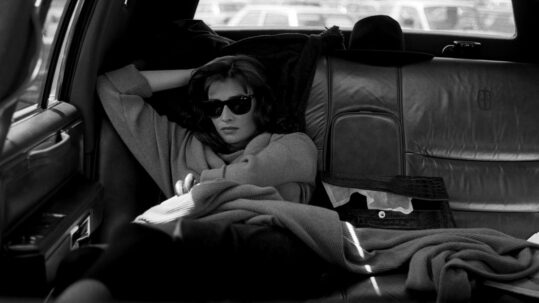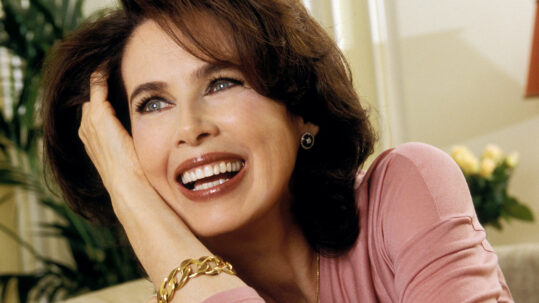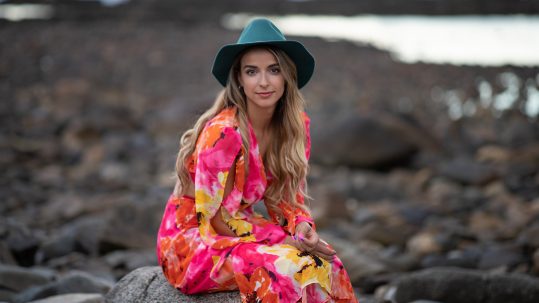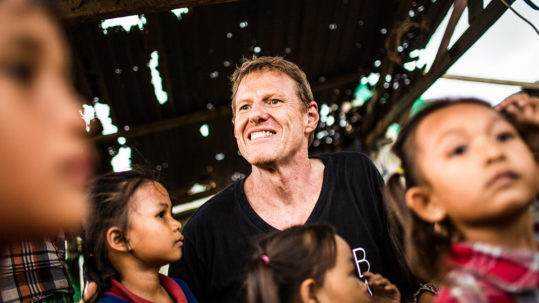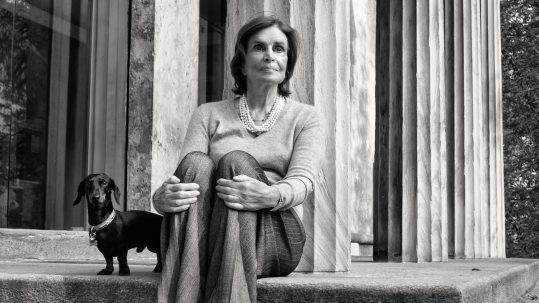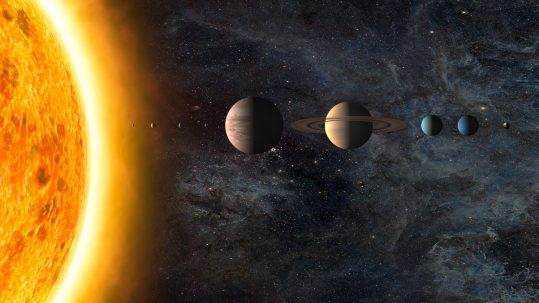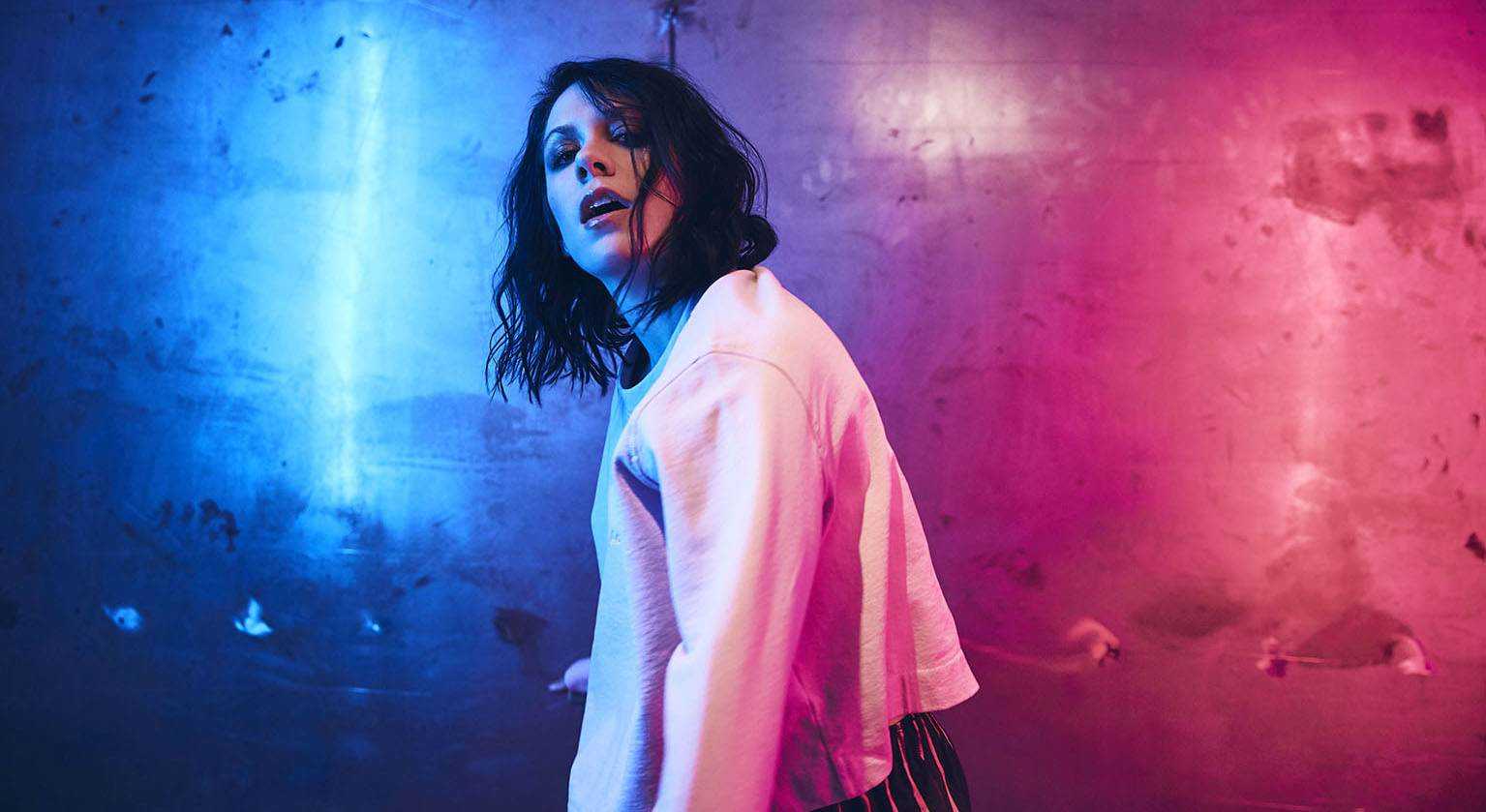
25 Nov K. Flay
Photo courtesy of Wilful Publicity
K. Flay
We all go through phases in life, but we don’t always have the opportunity to express them out loud to the world. Award-winning musician and singer-songwriter K. Flay is one of those artists that we can listen to again and again without having a feeling of déjà vu. From the very moment she exploded on the music scene in 2014 with Life As A Dog, followed in 2017 by the success of her breakout sophomore efforts, Every Where Is Some Where, we all knew we were in the presence of greatness. Honest and authentic, with music that is infectious and lyrics that resonate with millions around the globe, her latest album, Solutions, reflects the current mindset of the artist. The narrative is resolutely optimistic, with songs such as DNA, Sister, and This Baby Don’t Cry that promote self-love, inclusion, and acceptance. Her new single, Not in California, is a nostalgic reflection on what we had and the immediate action we must take to keep our planet intact. I had the great pleasure of having a meaningful and in-depth interview with K. Flay on what it takes to produce music that speaks from her soul.
>>>UPCOMING DATES
By Victoria Adelaide | Nov 25. 2019

Victoria Adelaide: Your new single, Not in California, addresses climate change, pollution, and other current issues. Can you tell us about the story that inspired the song?
K. Flay: I was working for a week out of the studio in Stinson Beach, which is part of what I would call, quintessentially California beautiful. It’s sandwiched right between the Pacific Ocean and the redwood forest and, in that environment, my headspace was naturally going towards this physical world that we live in. I think that there is a prevailing feeling among a lot of people in my generation and younger that we’re living in this world that we didn’t create, which is rapidly changing in a lot of frightening ways. I moved to California when I was 18. I fell in love with the state and the ethos of it, culturally and environmentally. There are many things about California that are typically American in certain ways. It represents a lot of the ideals of openness and freedom that are really important to me and were as an 18-year-old. I say in the chorus, it feels like, “We’re not in California anymore,” everything is on fire, and Donald Trump is our president. There are many things about the state of affairs in the United States and all over the world that feel totally at odds with the values and goals that I have and that my peers have.
VA: You wrote: “We built a big world, then we watched it all burn. ‘Cause the television made us lazy. It didn’t seem true when the power lines blew.” Do you think that unless climate change affects people directly in their everyday life, they may not realize how real it actually is?
KF: Of course, when people’s daily existence is impacted by climate change that is an impetus for people to take steps. I think that part of it is to change the norm. This is the role of artists and the role of culture. All human behavior is governed by norms for the most part. We’re all doing what we’re supposed to do and we’re looking around us to see what our peers are doing, what our government is doing, and what our community is doing, and then we behave accordingly. I’m hopeful in the sense that if we can change the norm and be proactive, if we take immediate action to curb the effects of climate change, we’ll be able to make changes. But that requires a fundamental change in the norm. For something to become a norm, it has to be championed by a very large number of people—the majority of people. I do think that’s one way is with everybody’s small voice, we can build a mountain of voices until it becomes the voice that everyone hears.
VA: You recently experienced a mindset change and your latest album, Solutions, is a reflection of it. What ignited your new way of thinking?
KF: It was a combination of things, but there were two main components. On the one hand, I was just feeling emotionally exhausted by cynicism and hopelessness. Looking around at the environment and people in my life, I was really seeking out a sense of levity, lightness, and hope. At that point, I found myself wanting to listen to music that wasn’t sad. Every day in the studio, I was naturally making songs that, to me, felt like relief. Everybody needs relief. That was the prevailing feeling I was experiencing, and that was a big part of it. Also, when I was writing the album, I was finally settling down in an apartment. I’ve been touring for a long time and I’d never had my own place. I was establishing this life for myself in Los Angeles and I think I was really excited by that.
VA: Loving ourselves is about acceptance. Is being the artist that you are, with your level of fame that you have, made it harder for you to have that kind of acceptance of yourself as a whole?
KF: I think it’s all about the way you understand your role in the public. I’ve known artists who got trapped in what I would call ‘the prison of judgment’ or something like that. Conversely, I have found that being an artist has increased my level of self-acceptance. Every day, I get very fortunate opportunities to explore and accept myself. I just flew back from Frankfurt last night, and part of the reason I love playing live shows is because of that experience of vulnerability, expressiveness, and freedom. Most people don’t get it every day in their job and in their life. They are not presented with that opportunity, and I am in the privileged position of getting to do that all the time. So, instead of feeling judged or thinking there are expectations I have to live up to, I feel increasingly empowered to be myself. You mentioned the song DNA, and that song sums it all up. I spent a lot of time thinking about the parts of myself that I inherited, that I don’t love, that I thought to change but then accepted. I really had time to dig in there, and it’s giving me a level of peace, I suppose.
VA: Are you spiritual?
KF: I was raised in a non-religious household, but in a home environment that had the guiding principles upon which to live right, which are honesty and openness. When you have relationships that are built on non-judgment and honesty, you are able to be an ever-changing and positive person in the world. That’s been my observation. I feel lucky to have been taught that by my family, to have experienced it, and to have built those relationships in my life. I was having a conversation with Dan Reynolds, the singer for Imagine Dragons, about parenting and the concept of nonreactivity. It’s quite a useful thing to consider right now and maybe this is my spirituality, I guess—an attempt to be nonreactive. I don’t mean not taking action in the world, but when you are confronted with ideas and information that feels scary, different, upsetting, or negative in some ways, your reaction should not be, “Oh My God, that’s horrible!” Your reaction instead should be, “Ok, thanks for telling me. Let’s talk about it. If it’s a problem, how do we solve it?” So, do I fail in this regard sometimes? Of course! (laughs) But overall, that’s what I’m aiming to do. That principle of nonreactivity is useful right now. We are at such an apex of reactivity, everybody’s going “OMG,” I just don’t think that’s a very productive way for us to live.
VA: What changes did you notice for yourself and in your interaction with others since your mindset shifted?
KF: Well, for me, the positive impact is in remembering the small ways in which I can give to the people can make a big difference. If your happiness is predicated on your giving and not your receiving, you can be happy because you can always control what you give. You can’t control what you receive. So I think it’s been about remembering that and nurturing the relationships that are built on both sides giving not just receiving. It helped to make me more expansive. In terms of my interactions with others, the biggest change that I’ve seen in this last year with this record has been with the live show. In the last four months of touring, I’ve been playing the best shows of my life. It has to do with a real reframing of my purpose out there, as it’s not about me, it’s not about my ego, it’s not about how I look in photos, not about getting every note perfect—that’s not the point at all. And any time I fall into that trap, that’s a disservice to me, to the show, and to the people who have attended. The point of the show is for people to have some relief and a safe space to express themselves and make memories. That’s been an incredible revelation for me.
Photos courtesy of Wilful Publicity.
VA: What’s your writing process?
KF: I like to be in specific like studio spaces, or in certain places in San Francisco, New York, or in California in my apartment. I don’t write in a journal. I’m not constantly writing; I’m collecting experiences and thoughts. Pretty much every song starts with some chords’ progression, riff, and some musical backbone. I start writing; I figure out lyrically that progression or whatever makes me feel, and then start building the song around what I’m saying. So, it is a little bit like a strand of DNA, in terms of them just revolving around each other and conforming to each other. I’m back in LA; I’ve been working on new projects. I’m excited to get back into it.
VA: I know you also have a microcast. What is it all about?
KF: The microcast is called “What Am I Doing Here?”
VA: Was it your idea?
KF: Yes, because it’s the question I constantly ask myself. Every week, I report from wherever I am, emotionally, spiritually, geographically. I try to share that experience and offer a little bit of insight. Every episode is under ten minutes, and it’s really specifically made for smart assistants like Alexa or Google Home. The idea for the microcast came about because these devices are in people’s intimate home spaces and, for my job, I’m constantly not in my home space. I’m somewhere. I thought it would be really cool to bring that somewhere into people’s everyday lives and give them a glimpse of it.
VA: On December 10th, you’ll be a part of Cyndi Lauper’s Home for the Holidays concert in LA, which supports True Colors United’s work to end homelessness among LGBTQ youth.
KF: Yes, Cyndi Lauper hosts this event every year. I think this is the tenth anniversary. There are several different performers playing some of their music and then coming together to raise money for LGBTQ homeless youth. I was asked to do it and I’m honored to be a part of it. I think it’s a cause that is incredibly important, especially while living in Los Angeles. Homelessness is a real problem and the rates are very high among the LGBTQ community. So if I can contribute in any way, it’s something I want to be involved in.
VA: Where do you see yourself five years from now?
KF: Honestly, five years feel like an eternity right now, but in a broad sense, in five years I hope that I have taken my curiosity and my creativity into new places and I’m challenging myself. The big thing for me is to always be pushing myself creatively and mentally. I have no idea where I’ll be, but my hope is that I’ll continue to progress in that way.
...When you have relationships that are built on non-judgment and honesty, you are able to be an ever-changing and positive person in the world.``




